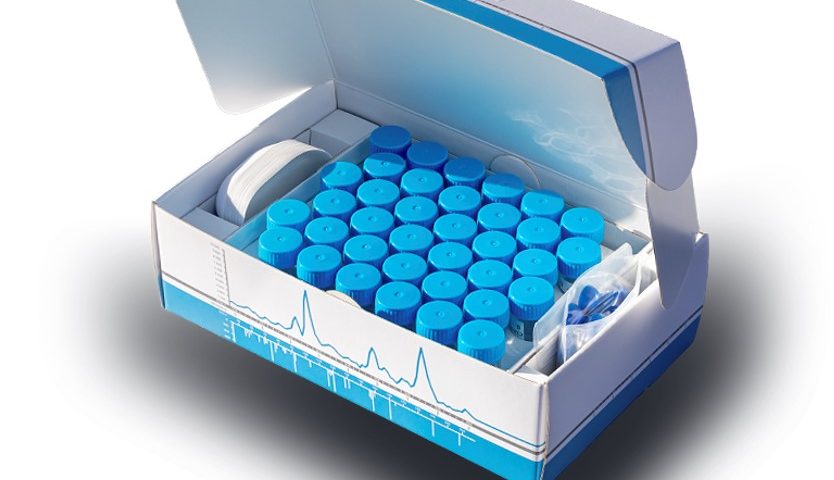When studying intestinal processes and microbe-mediated gut health, the first step is collection of digesta and/or feces specimens. Standardised sample collection and easy-to-use materials are critical when streamlining the sampling process, to generate reliable scientific data. Immediate freezing of samples is regarded as the gold standard of intestinal sample storage, although freezing and thawing may lead to bacterial lysis and some loss of DNA.
Zoom-in approach reveals connections between gut microbiota and animal performance
On Wednesday, August 19th at 15:00 (CET) Alimetrics organises a 45 min webinar in which Ph.D. Teemu Rinttilä presents how a combination of DNA-based methods reveals links between intestinal microbiota and animal performance.
Is this family of intestinal bacteria improving animal performance?
The family Erysipelotrichaceae, which is probably quite unknown to most, is an emerging group of bacteria in the phylum Firmicutes, which contains species originally classified into Clostridial subphylum clusters XVI & XVIII. In the cecum of broiler chickens, Erysipelotrichaceae is considered to be part of the core microbiota, comprising a high percentage of total microbiota.






